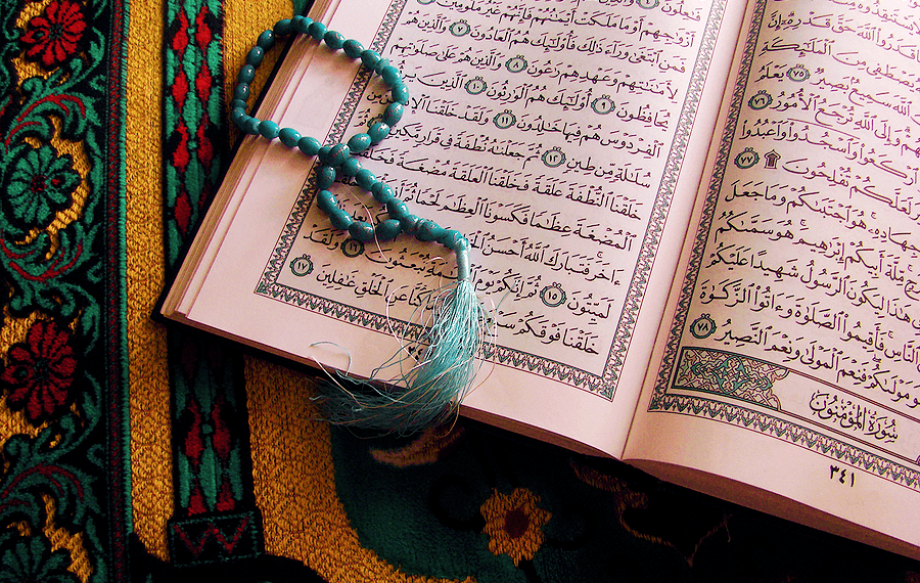Bhoti Quran translation: Ladakh's journey to preserve culture and promote understanding Pioneering effort to make divine wisdom accessible to all

Language serves as a bridge, connecting people and their beliefs. Translating religious scriptures into native languages is a profound way to unlock profound understanding and preserve linguistic heritage. The ongoing effort to translate the Quran, the holy book of Islam, into Bhoti stands as a remarkable initiative.
Under the guidance of Mohammad Umar Nadvi, Imamia Jama Masjid, Leh, and with support from Anjuman Moin ul Islam Leh and Ven. Konchok Paldan, the translation of the Quran into Bhoti has been in progress. It embarked upon its journey in 2002, starting with selected verses before progressing to a comprehensive, systematic translation process that commenced in 2019.
Nadvi shared that the team has completed seven translations and is currently in the revision phase, aiming for a release in June and July of the upcoming year, ensuring wider accessibility to the translated text. The anticipated final print is expected to originate from Saudi Arabia, marking a significant milestone in this monumental endeavor.
Nadvi drew inspiration from the Quran's affirmation that every language belongs to all, challenging the misconception that Bhoti isn't used among Muslims. His journey into teaching and learning Bhoti was inspired by this belief. Stressing the importance of the Bhoti language and script, he emphasized its significance across diverse religious communities in the Ladakh region.
“Much like the importance attributed to teachings in Urdu, English, and Hindi, it's crucial to embrace teachings in our native languages," he added.
Gen Konchok Phandey echoed the importance of teachings in native languages, noting the universality of ethical principles across religious texts.
He said, “I was approached for help a few years ago and felt delighted as every religious book teaches the right thing. It will be fruitful to everyone”.
He highlighted the Quran's comprehensive nature, comprising 30 chapters, and emphasized the use of simple Ladakhi language for wider comprehension. This approach aims not only to cater to locals but also to make the text accessible to the broader Himalayan region. He addressed the complexities of classical versus contemporary Bhoti, stressing the need to grasp both for holistic understanding.
Phandey shared his insights, likening the Quran to a 'Book of Law' that evaluates individuals based on their actions. Acknowledging personal reservations about certain verses, he emphasized the overall potential of the Quran to foster peace and prosperity among people, transcending individual disagreements.
This ongoing translation project Quran into Bhoti is not just a linguistic effort but a powerful testament to the universality of wisdom. The initiative stands as a beacon of inclusivity, aiming to make the teachings of the Quran comprehensible while acknowledging the intricacies of language. It's a concerted effort to promote wider accessibility and deeper understanding of the Quran's profound teachings, transcending linguistic barriers and fostering cultural unity.





